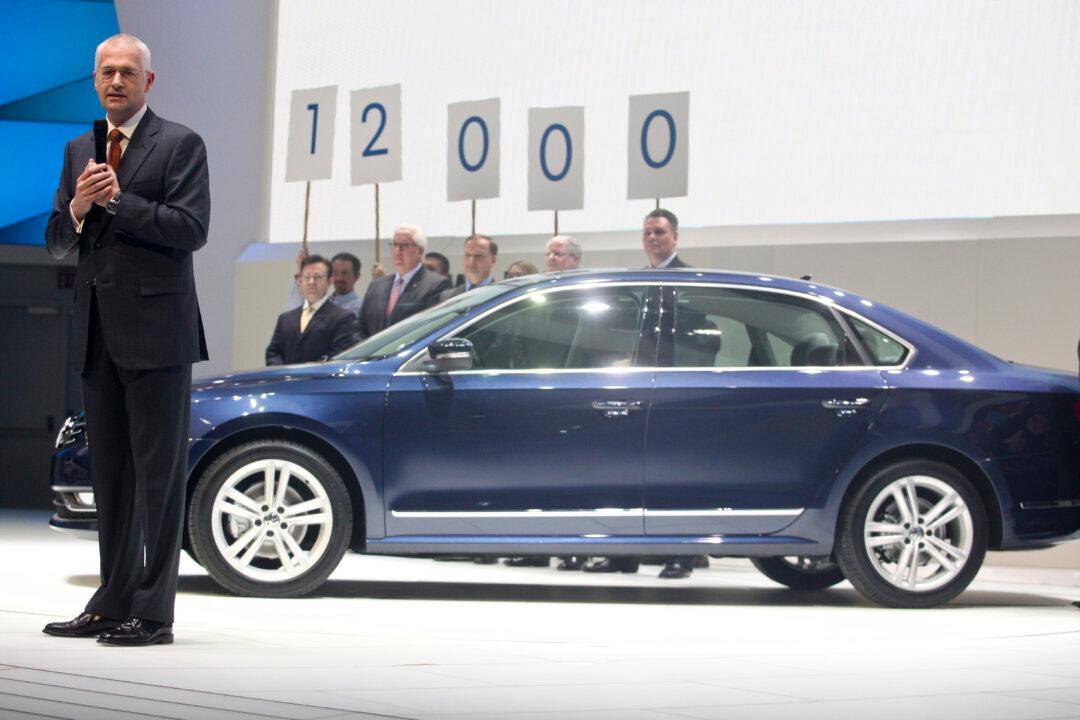United Auto Workers (UAW) officials will appeal to Congress to change the nation’s labor laws after workers at a Volkswagen assembly plant in Tennessee voted for a second time against joining the storied union.
In results that are pending certification by the National Labor Relations Board (NLRB), Volkswagen (VW) maintenance and production employees rejected the petition to organize and join the UAW, 833 to 776. Ninety-three percent of eligible VW employees voted, according to VW.





